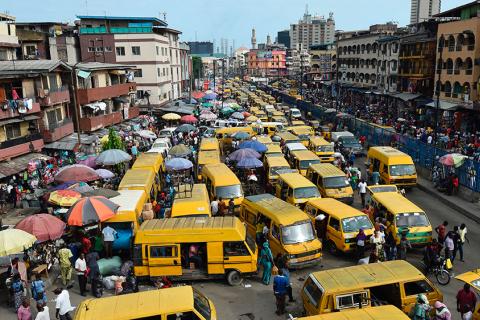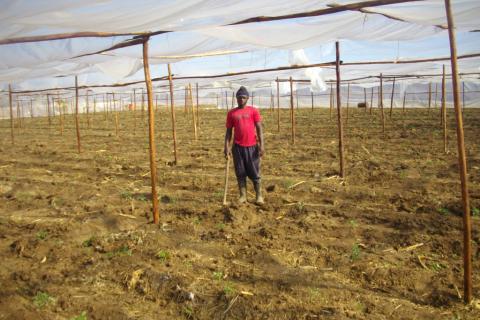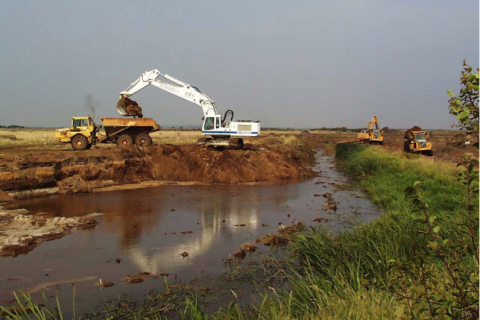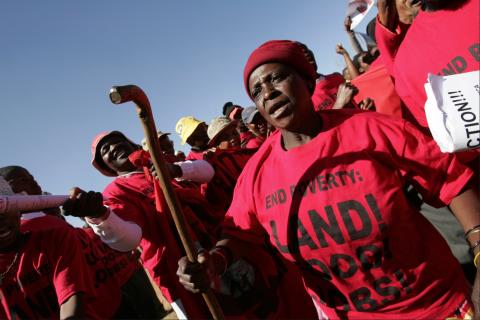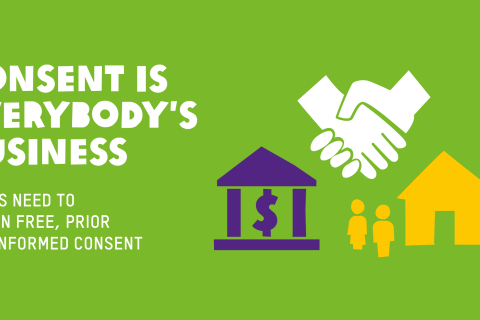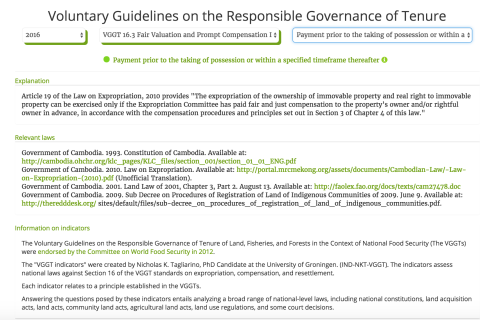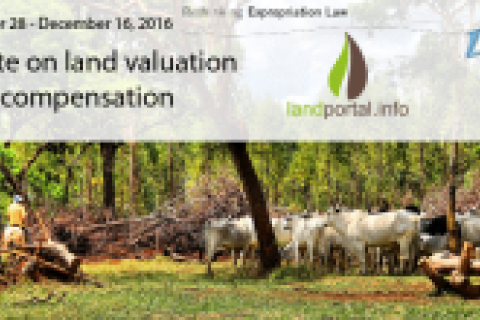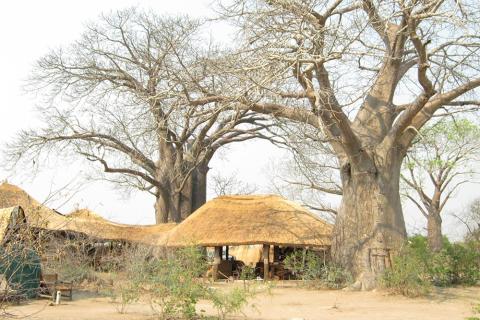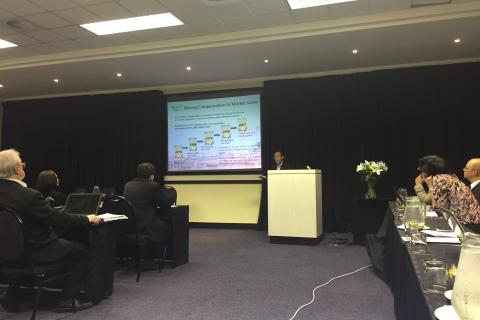Good Land Governance: The Problems of Transition to Transparency, Participation, and Accountability
Good Land Governance is a governance system that aims to protect the property rights of individuals and enterprises based on following good governance principles like accountability, transparency, the rule of law, effectiveness, efficiency, equality and public participation (Espinoza et al, 2016; Zakout et al., 2006). The line of criticism applied to notions of Good Land Administration or Good Land Governance is their vague and rather declarative character.


